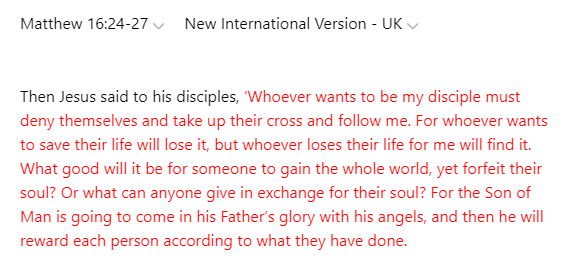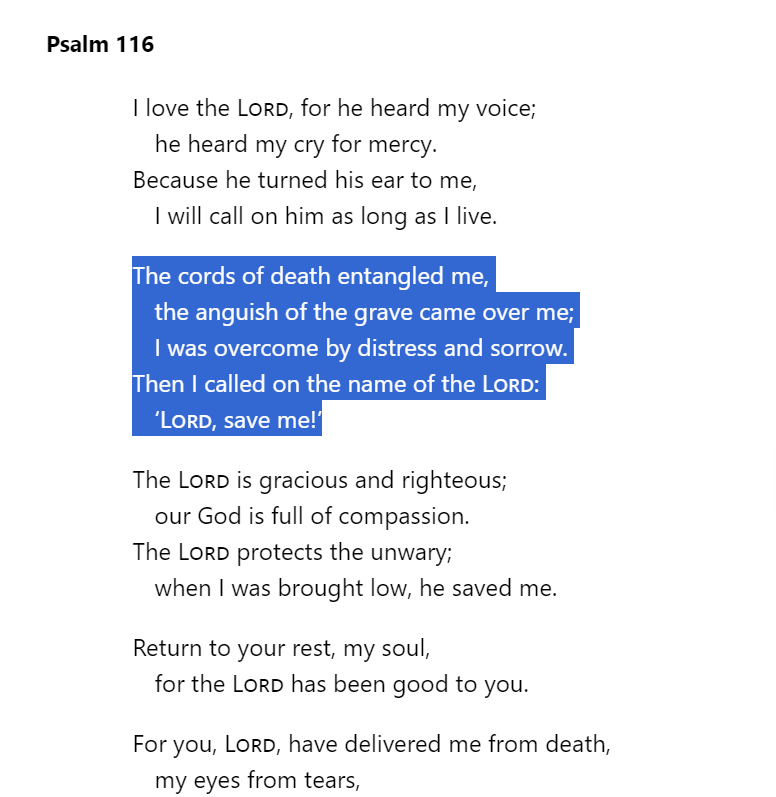FROM https://www.gotquestions.org/Meribah-in-the-Bible.html
Meribah was a site that the Israelites passed through in their desert wanderings. Being a place of testing for the Israelites, it also had a major impact in the lives of Moses and Aaron. Apparently, based on the biblical text, there are two sites named Meribah (W. A. Elwell and B. J. Beitzel, “Meribah,” Baker Encyclopedia of the Bible, volume 2, Baker, 1988, p. 1,442). One of the sites called Meribah was located near Rephidim in the Desert of Sin (Exodus 17:1). At this location it was also called Massah, which differentiates it from the other Meribah mentioned in Scripture (Deuteronomy 6:16; 9:22; 33:8; Psalm 95:8). The other site named Meribah was located in Kadesh Barnea, and therefore was referred to as Meribah Kadesh (Numbers 27:14; Deuteronomy 32:51; Ezekiel 47:19; 48:28).
Central to both locations is a miracle of water coming from a rock. At Meribah/Massah, the Israelites were extremely thirsty and quarreled with Moses about the lack of water (Exodus 17:2). Because of their thirst, they grumbled against Moses and asked, “Why did you bring us up out of Egypt to make us and our children and livestock die of thirst?” (Exodus 17:3). Moses brought this problem to the Lord, and the Lord enabled Moses to strike the rock so that the Israelites would have water and know that God was with them (Exodus 17:4–7). Because of their grumbling and testing of God, Moses called the place Meribah, which means “quarrelling,” and Massah, which means “testing” (John Hannah, “Exodus,” Bible Knowledge Commentary: Old Testament, John Walvoord and Roy Zuck, ed., Victor, 1983, p. 135). Not only did the Israelites demonstrate doubt in God’s provision, but they also tested Him because of their complaints and distrust.
Toward the end of the Israelites’ forty years of wandering, a similar situation occurred at Meribah Kadesh. Complaining about a lack of water for their livestock and themselves, the “people gathered in opposition to Moses and Aaron. They quarreled with Moses and said, ‘If only we had died when our brothers fell dead before the Lord! Why did you bring the Lord’s community into this wilderness, that we and our livestock should die here? Why did you bring us up out of Egypt to this terrible place? It has no grain or figs, grapevines or pomegranates. And there is no water to drink!’” (Numbers 20:2–5). Appealing to the Lord at the tent of meeting, Aaron and Moses were told by God to speak to the rock, which would bring forth water (Numbers 20:6–7). Instead of demonstrating God’s glory and provision in speaking to the rock as the Lord had instructed, Moses struck the rock and claimed he and Aaron would bring forth water for the Israelites (Numbers 20:10–11). The Lord still kept His promise in providing water but told Aaron and Moses that they would not enter the Promised Land because of their failure to obey Him (Numbers 20:12). It is clear from the rest of Scripture that God tested the Israelites, including Aaron and Moses, at Meribah Kadesh to gauge their obedience and faithfulness (Psalm 81:7; 106:32).
Another place Meribah is directly mentioned in the Bible is in the book of Ezekiel. In the future allotment of the land of Israel in the millennial kingdom, Meribah Kadesh will serve as a border for the section allotted to the tribe of Gad (Ezekiel 47:19; 48:28). As Meribah served to remind the Israelites following Moses of their lack of trust in the Lord, so also will it in the millennial reign of Christ.
Being a place of strife and testing, Meribah is worthy of remembrance. As Psalm 95:8 warns, “Do not harden your hearts as you did at Meribah, as you did that day at Massah in the wilderness” (cf. Hebrews 3:8-9). The Israelites’ disbelief at Kadesh Barnea resulted in their inability to enter the Promised Land for another generation, and Aaron’s and Moses’ disobedience at Meribah Kadesh kept them from entering the Promised Land as well. Disobedience and unbelief have enduring consequences that can affect the rest of one’s life.

